Plantforce Vegan Magnesium +
$54.99 $45.99
Plantforce Vegan Magnesium + is formulated to help absorb the calcium obtained in your diet and help maintain healthy bones. Research shows that dietary supplements with calcium do not have the percieved positive effect on bone health, instead it is actually harmful for your body. The tailored combination of vitamins and minerals in this formula helps you absorb the natural calcium from your diet and prevent calcifications.
Plantforce Vegan Magnesium + is formulated to help absorb the calcium obtained in your diet and help maintain healthy bones. Research shows that dietary supplements with calcium do not have the percieved positive effect on bone health, instead it is actually harmful for your body. The tailored combination of vitamins and minerals in this formula helps you absorb the natural calcium from your diet and prevent calcifications.
Best vegan supplement for healthy bones with magnesium, D3, K2, zinc, potassium, boron, vitamins C and B6.
Plantforce Vegan Magnesium + is formulated to help absorb the calcium obtained in your diet and help maintain healthy bones. Research shows that dietary supplements with calcium do not have the percieved positive effect on bone health (5,6), instead it is actually harmful for your body. (1,2,3,4) The tailored combination of vitamins and minerals in this formula helps you absorb the natural calcium from your diet and prevent calcifications.
When the powder is mixed in water, ionic magnesium citrate is created through a reaction between magnesium carbonate and citric acid. Ionic magnesium citrate powder (1:1) is the best way to prevent magnesium deficiency. The ionic properties allows magnesium to readily enter the cells making it fast acting and highly absorbable. Mag Osteo combines vitamins, minerals, which will bring the following benefits:
A healthy nervous system and muscle function.
Help to reduce fatigue and exhaustion
Supports a normal metabolism
Aids protein synthesis
Helps to maintain the health of bones and teeth
Helps prevent osteoporosis
Supports a healthy hormone balance
Helps maintain normal blood pressure
Supports a healthy immune system
Helps with calcium absorption
Supports psychological functions to help cognition and depression
RECOMMENDED DOSAGE:
The individual needs may vary. Start by taking 2.5 g (approximately 1 teaspoon with top) per day and gradually increases to a maximum of 5.5 g (about 3 teaspoons) per day. Plantforce® Mag Osteo can be taken with or without food. Do not exceed the recommended daily doses. The daily dose can be ingested at one time or may be distributed over 2-3 times during the day. DIRECTIONS: Are mixed up in a half to a full glass of cold or warm water. Let it effervesce and then mix in the water until dissolved. Cold water will be used the shower for about 10 min. before it is ready for consumption. Use hot water can be swallowed almost immediately. STORAGE: Dry and at room temperature. Keep out of reach of children.
Ingredients
Magnesium carbonate, citric acid, potassium bicarbonate, vitamin C (ascorbic acid), zinc picolinate, boric acid, vitamin K2-MK7 (Trans), vitamin B6 (as pyridoxal-5’-phosphate), vitamin D3 (vegan cholecalciferol from lichen), natural lemon flavor, sweetener (steviol glycosides). When the powder is mixed in water, ionic magnesium citrate is created from a highly absorbable proprietary blend of citric acid and magnesium carbonate.
Product Information
| Serving Size: 5.5 g (2 level teaspoon) | ||
|---|---|---|
| Amount per 5.5 g | % NRV* | |
| Vitamin D3 800 IU | 20 μg | 400 |
| Vitamin K2 (MK-7 Trans) | 75 μg | 100 |
| Vitamin C | 200 mg | 250 |
| Vitamin B6 | 2 mg | 143 |
| Potassium | 300 mg | 15 |
| Magnesium | 375 mg | 100 |
| Zinc | 10 mg | 100 |
| Boron | 1 mg | |
| *NRV = Nutrient Reference Value | ||
References
Li, Kuanrong, Rudolf Kaaks, Jakob Linseisen, and Sabine Rohrmann. 2012. “Associations of Dietary Calcium Intake and Calcium Supplementation with Myocardial Infarction and Stroke Risk and Overall Cardiovascular Mortality in the Heidelberg Cohort of the European Prospective Investigation into Cancer and Nutrition Study (EPIC-Heidelberg).” Heart 98 (12):920–25.
Xiao, Qian, Rachel A. Murphy, Denise K. Houston, Tamara B. Harris, Wong-Ho Chow, and Yikyung Park. 2013. “Dietary and Supplemental Calcium Intake and Cardiovascular Disease Mortality: The National Institutes of Health-AARP Diet and Health Study.” JAMA Internal Medicine 173 (8):639–46.
Bolland, Mark J., Alison Avenell, John A. Baron, Andrew Grey, Graeme S. MacLennan, Greg D. Gamble, and Ian R. Reid. 2010a. “Effect of Calcium Supplements on Risk of Myocardial Infarction and Cardiovascular Events: Meta-Analysis.” BMJ 341 (July):c3691.
Favus, M. J. 2011. “The Risk of Kidney Stone Formation: The Form of Calcium Matters.” The American Journal of Clinical Nutrition 94 (1):5–6.
Anderson, J. J. B., K. J. Roggenkamp, and C. M. Suchindran. 2012. “Calcium Intakes and Femoral and Lumbar Bone Density of Elderly U.S. Men and Women: National Health and Nutrition Examination Survey 2005–2006 Analysis.” The Journal of Clinical Endocrinology and Metabolism 97 (12):4531–39.
Bischoff-Ferrari, Heike A., Bess Dawson-Hughes, John A. Baron, Peter Burckhardt, Ruifeng Li, Donna Spiegelman, Bonny Specker, et al. 2007a. “Calcium Intake and Hip Fracture Risk in Men and Women: A Meta-Analysis of Prospective Cohort Studies and Randomized Controlled Trials.” The American Journal of Clinical Nutrition 86 (6):1780–90.
Be the first to review “Plantforce Vegan Magnesium +” Cancel reply
You must be logged in to post a review.
Related products
Energy Formulas Non Stimulant
Amino Acids
Amino Acids
Anabolic Formulas
Alternate Therapies
Electrolyte Formulas
Body Building

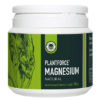
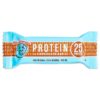
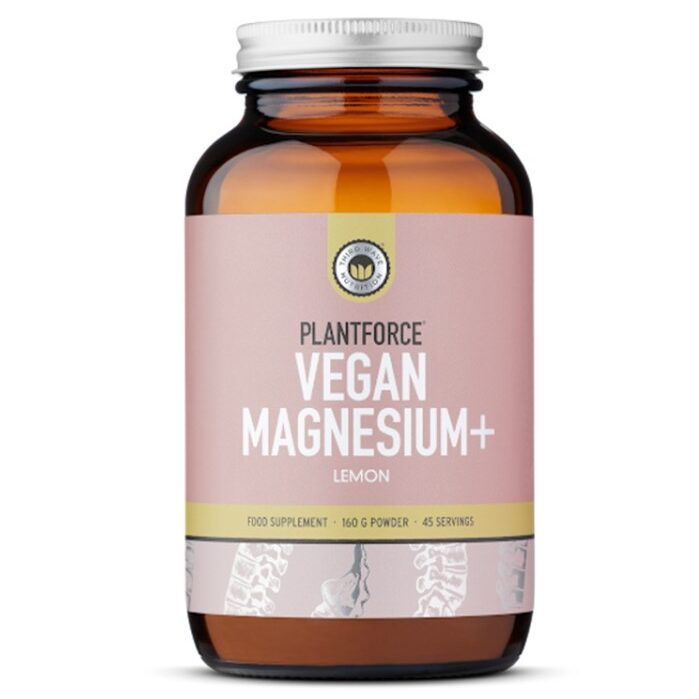

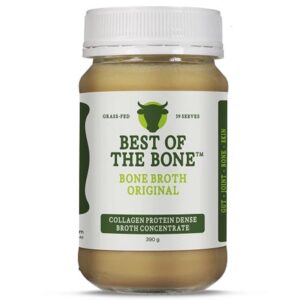
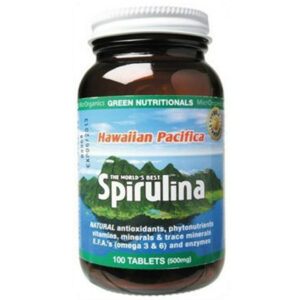
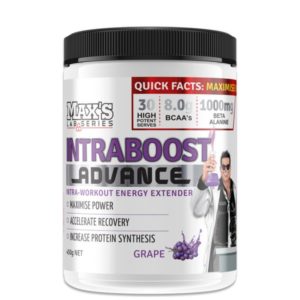
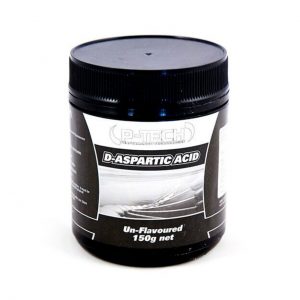
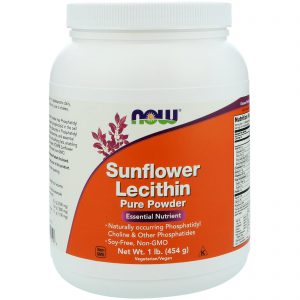
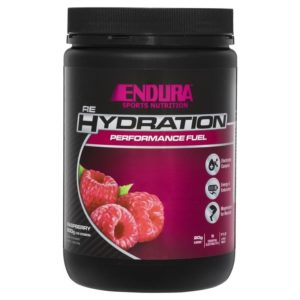
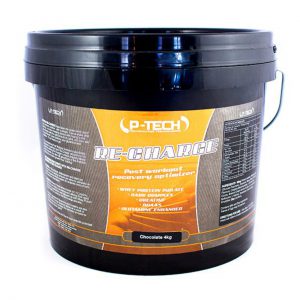
Reviews
There are no reviews yet.